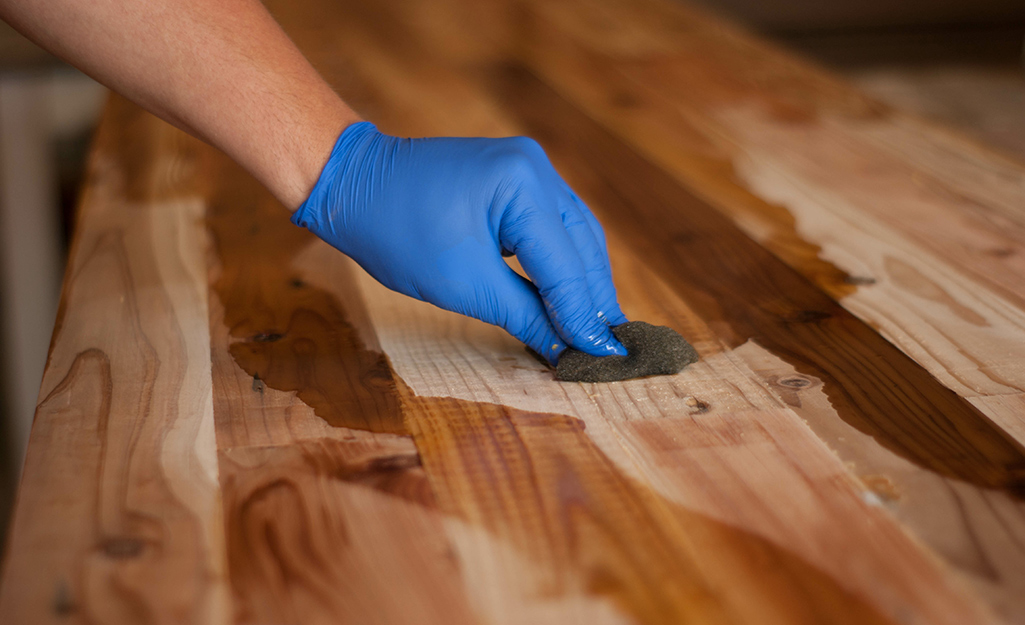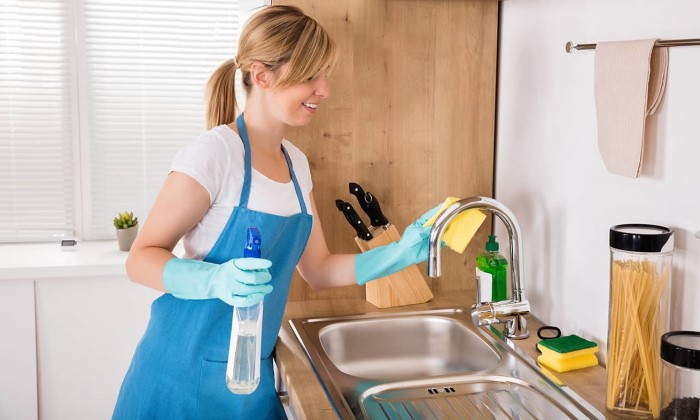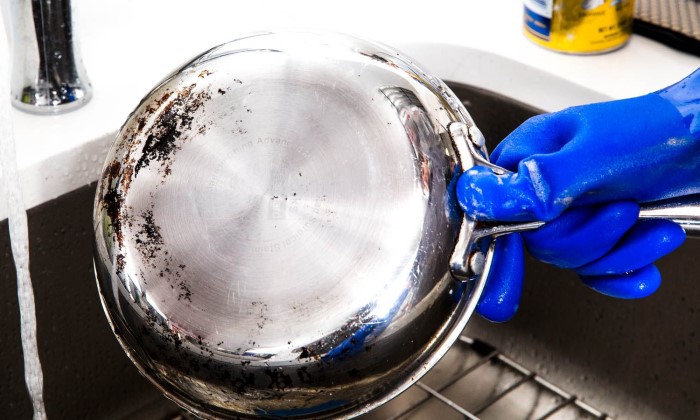
How to Clean a Butcher Block Table
To maintain the shine of your butcher block, you must use a good cleaning solution. There are several ways to do it, including baking soda and Mineral oil. Butcher block wax is another option. It is also possible to use a combination of both. After using the proper cleaning solution, your block will be shiny and fresh, ready for use. Lastly, you must use a proper sealing agent to protect it from changes in moisture and stains.
Mineral oil
If you are looking for ways to preserve the beautiful look of your butcher block countertop, mineral oil is a great option. Applying a generous amount of mineral oil to the butcher block will allow it to soak in the oil. Allow it to sit for fifteen to twenty minutes, depending on the wood and the condition of the butcher block. Wipe away any excess oil with a clean cloth.
If you need to apply a new coat of mineral oil, make sure it is Food Safe. The product is available in pharmacies and is generally less expensive than in hardware stores. It will also protect the surface from staining, but it will not seal the board. Use a wax-based conditioner instead. After applying mineral oil, wipe the board dry. It’s important to use Food Safe Mineral oil to prevent your cutting surface from drying out.
Baking soda
Using baking soda to clean a butcher block table will remove food residue, and also make the surface sanitized. If you don’t like the strong smell that baking soda gives off, you can also try vinegar, which is very effective for cleaning butcher blocks. Vinegar is very mild, so it’s a good option if you don’t mind the odor.
A mixture of vinegar and baking soda is an effective disinfectant for wood cutting boards and butcher blocks. The acetic acid in vinegar is effective against harmful bugs, but the use of water or dishwashing detergent will weaken the surface wood fibers. Mix one cup of baking soda with one cup of undiluted white vinegar. Allow the mixture to foam for five to ten minutes and then rinse with cold water.
Butcher block wax
If your butcher block countertop has a dull finish, you can use a wax-and-oil combination to restore it to its original beauty. Apply the finish with a soft lint-free cloth, then buff the surface with a clean, dry cloth. Choose a food-safe wax or oil; mineral oil is inexpensive and will not last very long. Beeswax and mineral oil blends add a subtle sheen and a pleasant scent and are better water-repellent than mineral oil alone.
Besides using soap and water to clean your butcher block, you can also apply white vinegar to keep it disinfected. While it won’t help prevent stains or make it easy to clean, vinegar will kill bacteria and create an inhospitable environment for pathogens. White vinegar is perfect for hardwood surfaces, including butcher block countertops. Moreover, it will prevent the wood from getting damaged by water and other substances.
Mineral oil for butcher block
Food-grade mineral oil is a great choice for butcher block cleaning. This oil is also a popular ingredient in sealing products, and it’s a lot cheaper to buy in pharmacies than at a hardware store. Mineral oil gives butcher blocks a light honey color, and it’s also safe to use on your wooden floors. Mineral oil can also help revive vintage pieces. Read on for more reasons to use mineral oil for butcher block cleaning.
Besides preventing the dryness of the wood, butcher block oil also protects the surface from cracks and splits. If these are left untreated, they can lead to a rancid smell. Mineral oil is a great choice for butcher block cleaning, and there are hundreds of other uses for mineral oil in the home. You can also use mineral oil to enhance soapstone sinks and seal granite countertops. Using mineral oil to clean your butcher block is a great way to keep your kitchen looking its best.
Mineral oil for butcher block countertops
If you’ve been wondering how to apply mineral oil to butcher block countertops, then you’ve come to the right place. Mineral oil is a multipurpose oil that works wonders on many surfaces. Whether your countertop is made of wooden, stainless steel, or glass, mineral oil can protect it. Use it on butcher block countertops to add an extra layer of protection. The application process is simple: First, wipe the countertop clean. Next, apply a generous amount of mineral oil to it. Allow it to sit for 15 minutes or overnight and then wipe away any excess oil.
The process is simple, and it will add a nice glossy finish to your countertop. First, apply the oil with a clean, dry cloth. Mineral oil is the best type for butcher block countertops because it doesn’t leave a residue or oil spots. It also creates a matte finish, which makes the wood tones pop. You can also use beeswax. Just make sure you choose a food-safe mineral oil.



